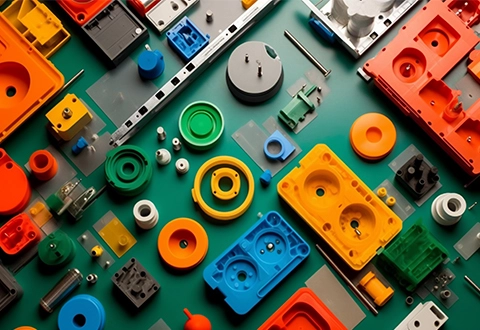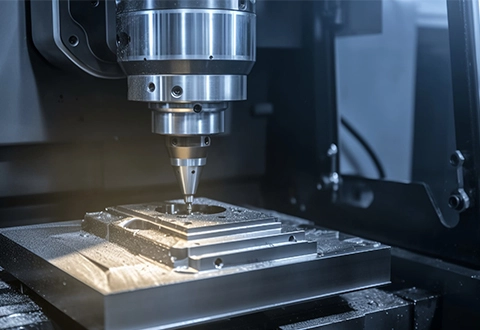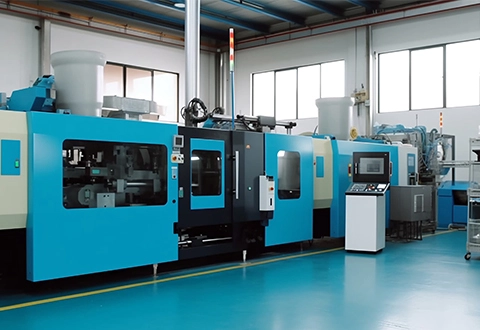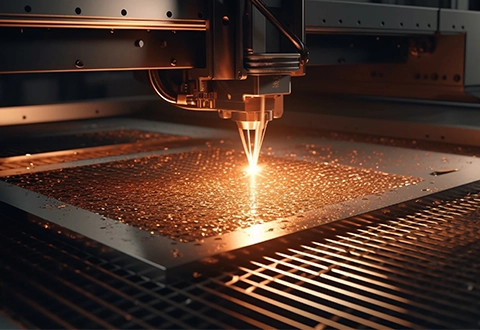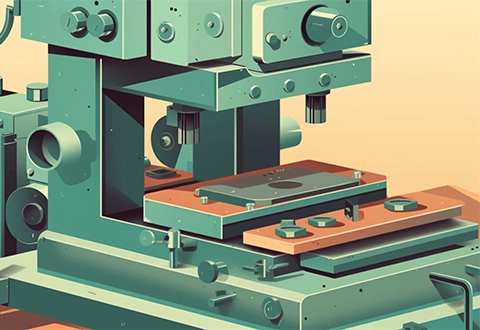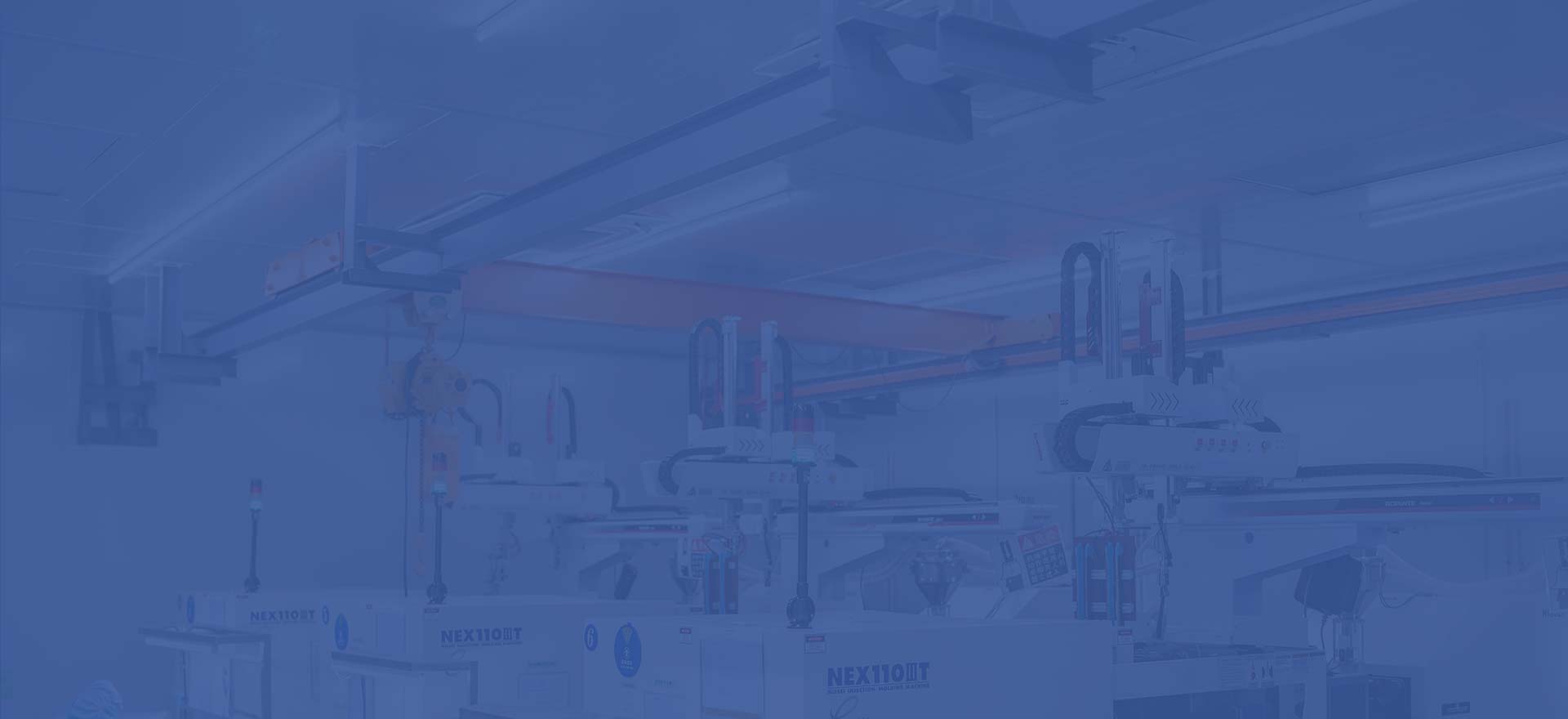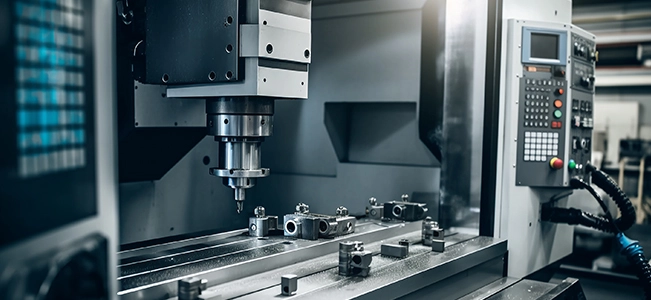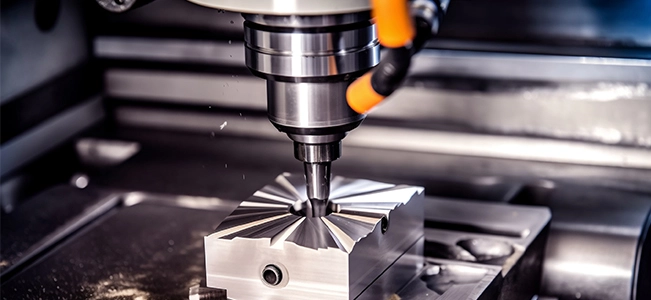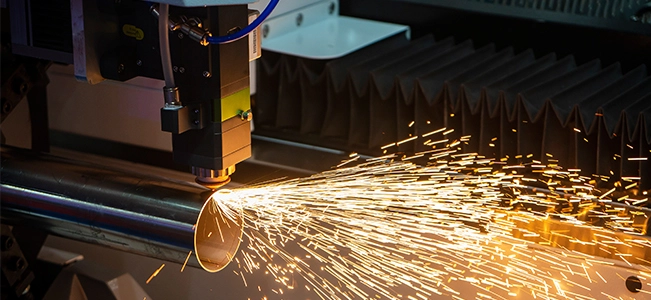The choice of materials depends on the specific requirements and applications of the prototype model. Factors to consider include strength requirements, durability, appearance, processing difficulty, and cost. Manufacturers typically select the most suitable materials based on these factors for prototype model production. Here are the advantages and disadvantages of different materials:
1. Rapid prototyping materials:
Pros: Fast production speed, low cost, suitable for complex shapes.
Cons: Lower strength, poor durability.
2. ABS plastic:
Pros: Good toughness, impact resistance, and heat resistance, suitable for machining and painting.
Cons: Rough surface, unsuitable for high precision and smooth surface applications.
3. PC (Polycarbonate):
Pros: Excellent mechanical properties, high strength, heat resistance, and transparency.
Cons: Difficult to process, higher cost.
4. PMMA (Polymethyl Methacrylate):
Pros: Transparent, good weather resistance, excellent mechanical properties.
Cons: Poor impact resistance, prone to scratching.
5. Aluminum alloy:
Pros: Excellent strength, corrosion resistance, and thermal conductivity.
Cons: Higher production cost.
Therefore, when selecting materials, it is necessary to consider the specific requirements of the prototype model, including strength requirements, durability, appearance, processing difficulty, and cost factors. Choosing the most suitable material based on the specific situation can ensure that the prototype model meets the expected functionality and quality standards.

 English
English  中文
中文  日本語
日本語  한국어
한국어 
